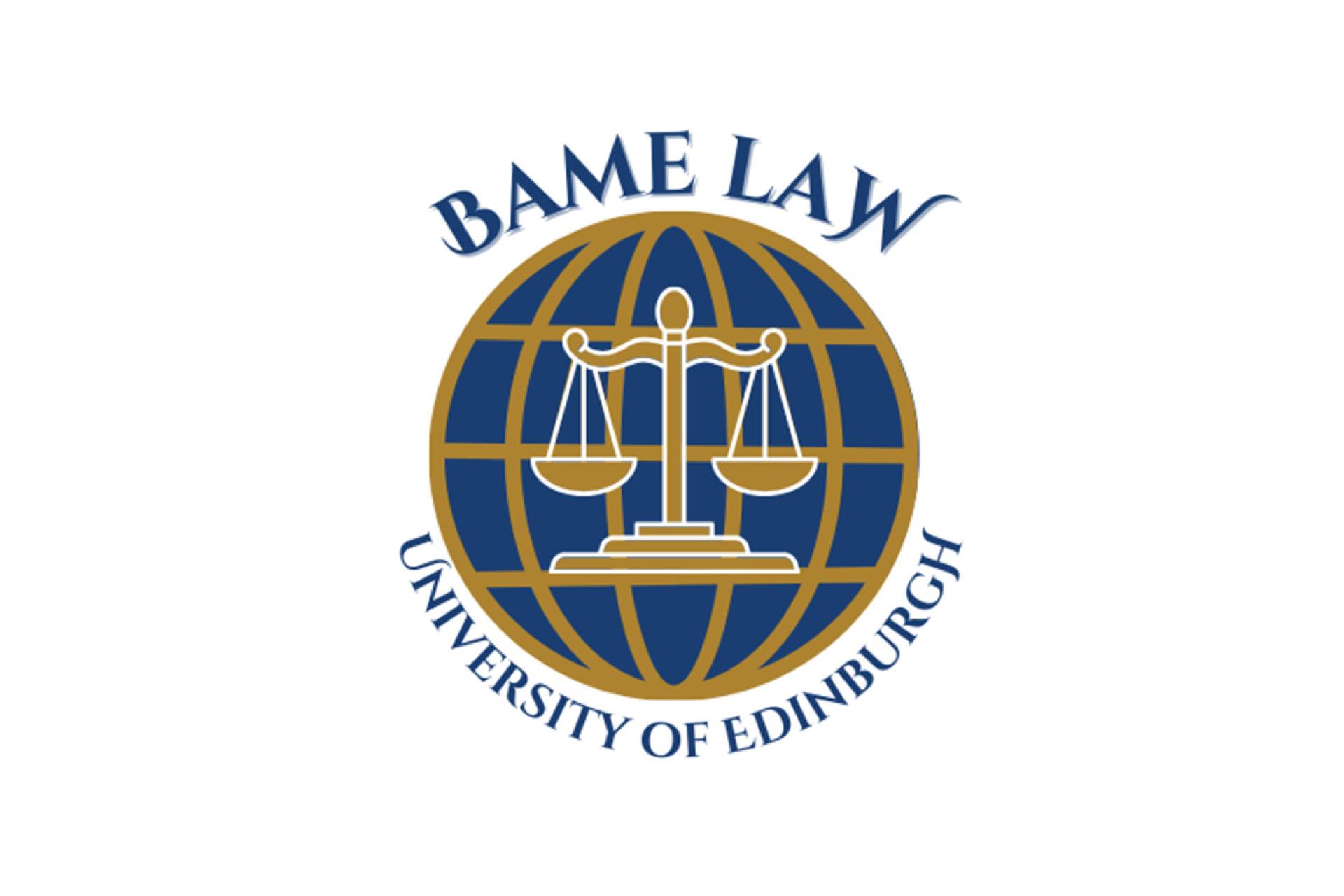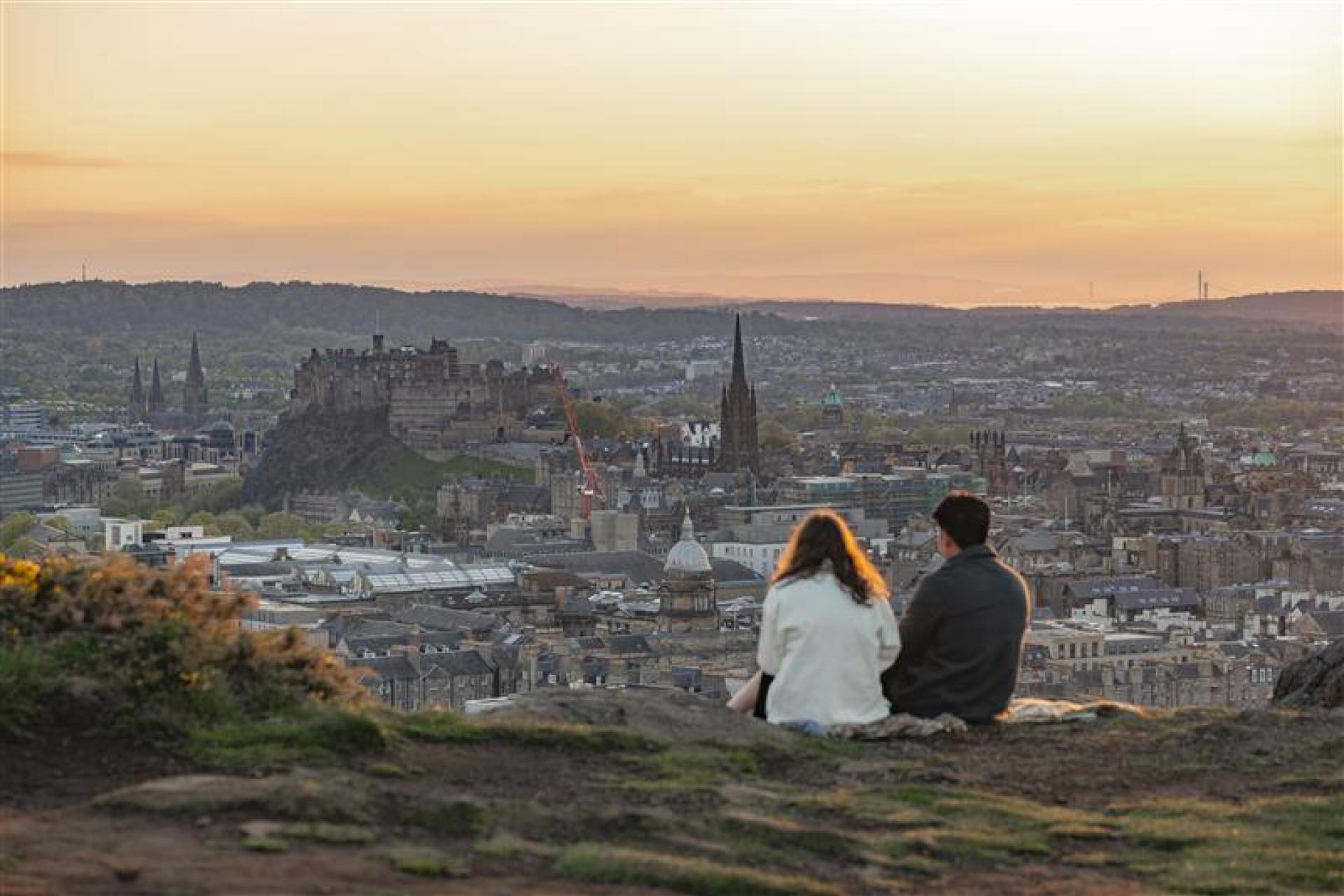I'm Belinda. I graduated from Edinburgh Law School in 1996, having done an accelerated law degree. Following that, I became a solicitor and I worked as a solicitor for 25 years, mostly in the public sector. The last ten years of my career, I worked as a judge in a tribunal. I loved being a solicitor. I came so late and I loved being at Edinburgh University.
When I was there in my second year, I got a scholarship and it was called the Margaret Malloch Scholarship, and it made a big difference to my experience of university.
I think the thing that led me to make a donation to scholarship fund was I had received a scholarship, so I knew how much it had meant to me to receive that, and I kind of wanted to pay it back. There's no obligation to pay back, but it was something I wanted to do. So I did that.
And then a couple of years later and my parents died, quite close together. And once all the debts were paid, there was some money left and I wanted to do something meaningful with it. I could have bought shiny pretty things, but actually I thought I want to do something that will last. I want to do something Mum and Dad would be proud of.
So that's why I gave a scholarship. And the other reason was that it was just after lockdown and it really bothered me that so many young people had been disadvantaged in their education, and I felt for these people it would be really hard to catch up. They were really disadvantaged, and I thought of all the people who wouldn't get a chance, the chance I had got actually.
And because I had the scholarship and also, back in the 70s when I first went to university, I had two degrees and I got a grant from the government. If I hadn't had those things, I couldn't have gone to uni. So it really mattered to me that so many young people were being disadvantaged in their education.
So there was that imperative and the fact I wanted to do something meaningful. So I guess it was those two things that motivated me to create a scholarship. And my parents name as well.
Well, well, I hope my donation is achieving is that the young people, the four students that we sponsor. My hope is that those who are students are having a better experience at university than they might have had if they didn't have the scholarship. We've had the pleasure of meeting them all, and it's been amazing to to meet them and hear their stories, hear the stories of their families, and hear how amazed they were that they were going to get a scholarship every year for four years.
Two of them are doing law, and one of them would not have been able to do a law degree. She'd wanted to do a law degree for years, but had to work as well as a paralegal. But because she has her scholarship, she's been able to reduce her hours of work so she can still work and study. And I think that's what I that was what I hope to achieve, to make it possible for somebody for whom if they didn't have a scholarship, it wouldn't be possible, or it would be such a struggle that they would be leaving, maybe give up, or they would just have a miserable time.
So I think it's already doing it's proved that it's doing what I hoped it would do, which is change people's lives.
I'd say do it. It's the best thing you'll ever buy with money. Actually, it really is. You could spend your money on the whole idea of a lifetime, a cruise or art to hang on a wall. Or you could spend your money to change your life. And if you think to yourself, I'm not rich enough to be a donor.
That's not true. Every little helps. You don't have to just like, buy one big scholarship. You can donate monthly, and contribute to a scholarship. So I would just really encourage them. I'd say don't wait, do it now.
I think what I would add is that we have been surprised at how much we have enjoyed doing this. We've loved meeting young people. We've met lots of scholarship students because we've been invited to events where you get to meet lots of people, and these young people are some of them not so young, actually are absolutely inspiring.
They have completely earned their place. So Edinburgh University. We have been surprised at how much support they get from the university, not just with their studies, but in their lives to feel that they belong, that this is a place for them. They are welcome here. The University wants them to succeed. We've been really pleasantly surprised at just how much that is truly happening.
It's not just talk is actually happening. And so we've loved meeting people. We've loved hearing their stories. We've been inspired. We feel grateful to be involved in this. So it's just a win win. There's no downside, actually, that I can see.





